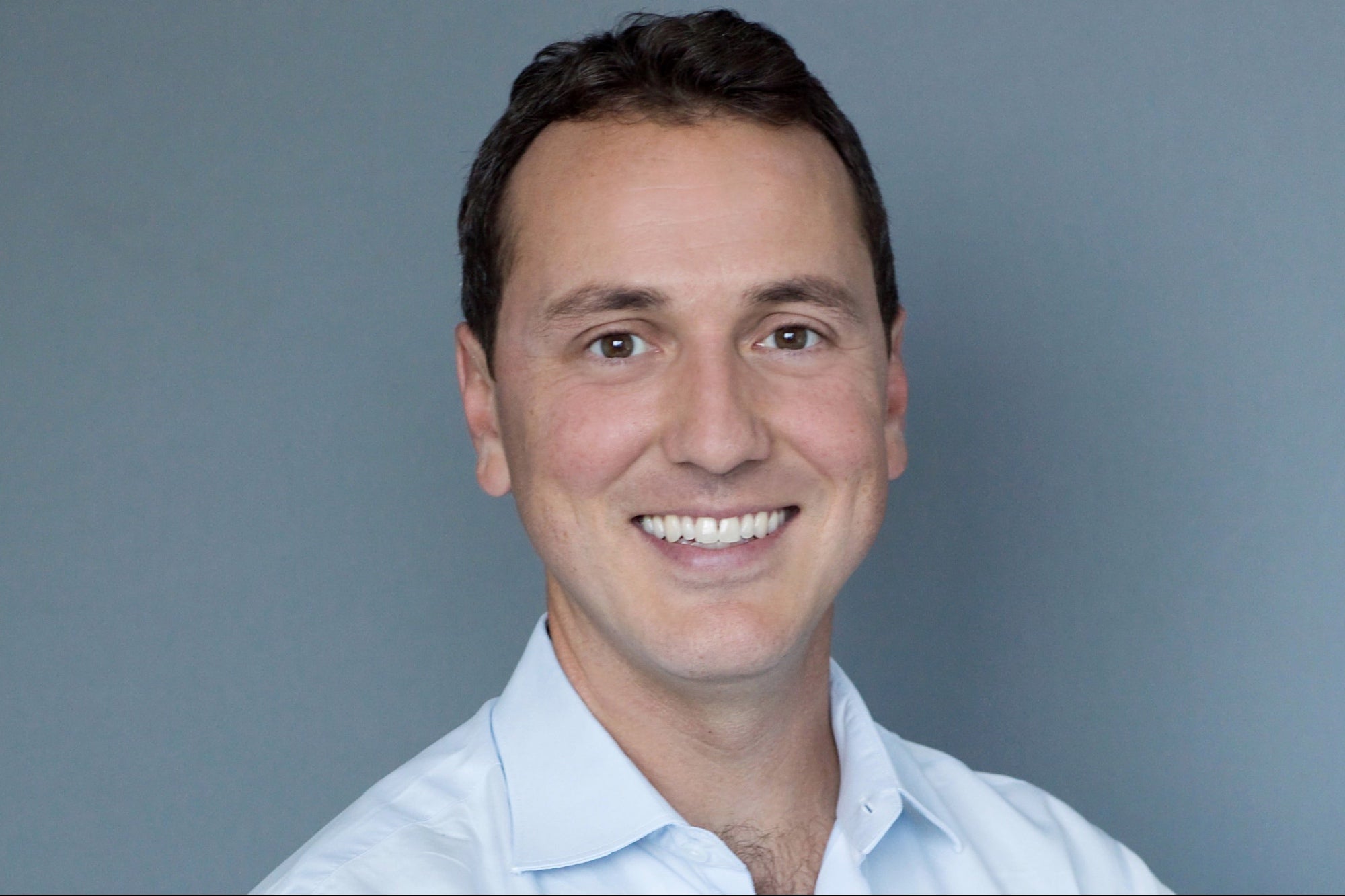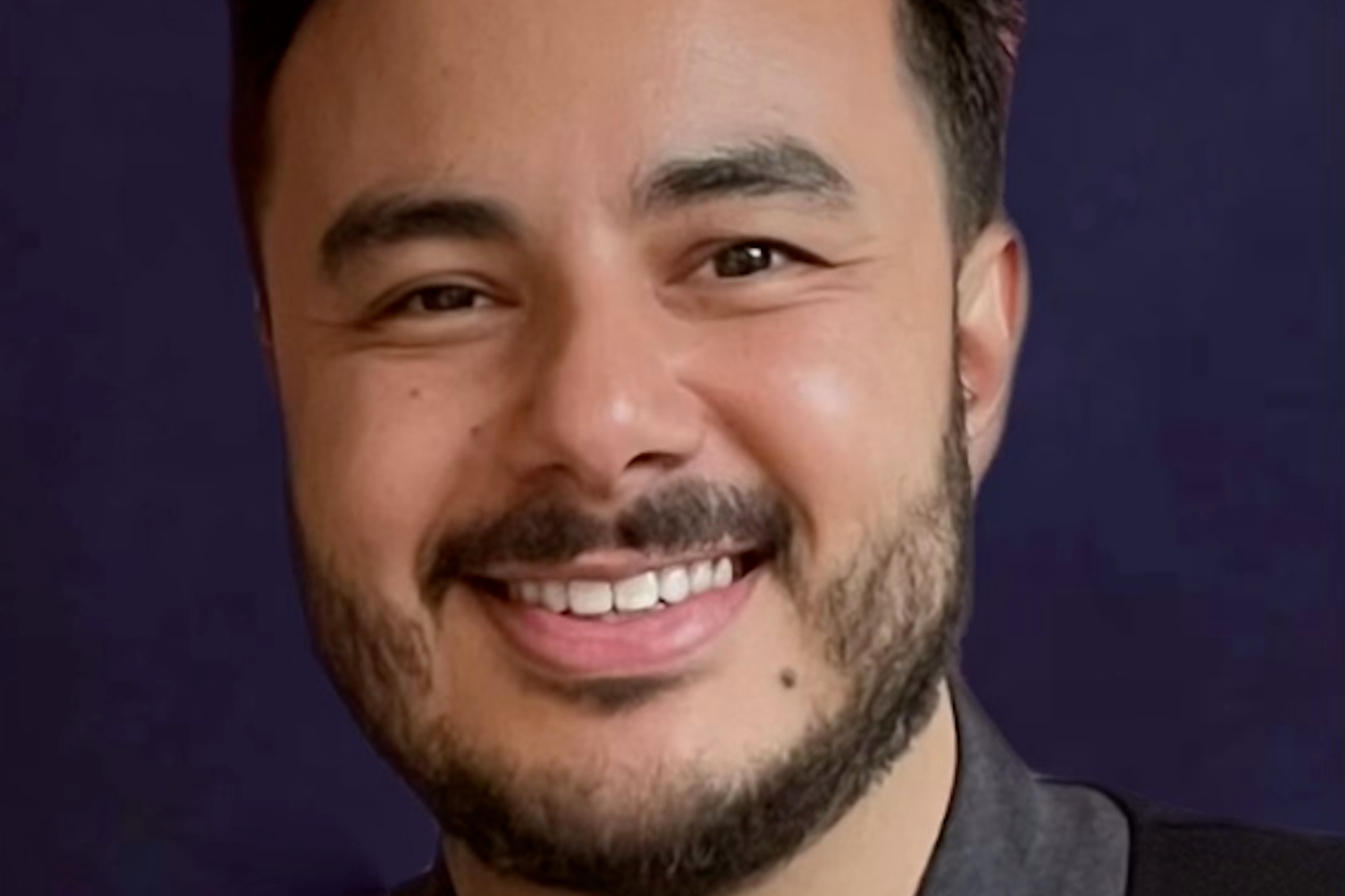Startup Funding: Tammer Qaddumi, Co-founder and General Partner, Venture Souq Tammer Qaddumi, co-founder and General Partner, Venture Souq, underscores the factors that build investor trust and sustainable success.
By Tamara Pupic
You're reading Entrepreneur Middle East, an international franchise of Entrepreneur Media.

This article is part of Startup Funding - Investor Insights Every Entrepreneur Needs by Entrepreneur Middle East, a series where the MENA region's leading venture capitalists share practical advice to help founders navigate the challenges of building and scaling a startup.
Tammer Qaddumi, co-founder and General Partner, Venture Souq, underscores the factors that build investor trust and sustainable success.
What are the top 3 things founders should absolutely do when preparing to raise their first round?
The first thing is clarity. Founders should be able to explain their problem and solution in a way that is clear and understandable to anyone. Too often, we see decks centered around a premise of "this can be a one-stop-shop, all things for all people." When you distill it down, it's not clear what specific problem(s) they intend to solve initially. Hopefully these businesses will become end-all, be-all platforms. But if you can communicate your initial value proposition & business model simply and powerfully, that's a huge advantage.
The second is some form of traction. At the early stage, this doesn't always mean revenue, but there should be signs that people want what you're building—maybe it's user growth, pilots with big partners, or a strong community forming around the product. That signal shows you're building something real, not just theoretical.
And the third is being prepared. This means very on top of your own numbers (particularly on how you spend, and how that spend converts to revenue). It means being clear and direct about what you're asking for - investors get uncomfortable when a founder is vague about the amount they're raising or how they'll use it. It also means having a good understanding of what the investor on the other side of the table cares about. Investors very rarely are making isolated decisions about whether or not they like companies. They are solving for their own sets of objectives or constraints. Try to get an understanding of what those are.
Related: Startup Funding: Basil Moftah, Managing Partner, Key Capital
What are you really looking for when evaluating early-stage startups?
At the seed stage, there are a few "most important" things. The team. We're asking ourselves: what does it take to execute on this idea? Does the founding team have these capabilities, natively? If they don't, do they have the wherewithal to obtain it? Does the team show coherence and persistence? Are they the right mix of technical, commercial & connectivity?
The second is the market. You can have the best product in the world, but if you're not solving for accessing big markets, you're much less likely to deliver the types of outcomes VCs need to succeed. We want to see founders chasing opportunities that are not only large, but also well-timed—where the world is ready for the solution now, not 2 years ago, and not ten years from now.
And then there's the unique insight. The best founders usually have some lived experience or a deep insider's understanding that gives them an edge. It's not just about passion, it's about having a perspective that others don't, and building from that.
Can you share a personal anecdote, either a pitch that truly impressed you, or one that missed the mark and why?
While most people would hate to admit it, "scarcity" plays a huge role in how investors make decisions. If a funding round is viewed to be highly competitive, investors will almost certainly move faster to get to a decision. It also improves the potential of the investor's decision being "yes".
The very first investment I made into a private company, I did on the basis of the founder (who was a friend) telling me there was no room to participate. I was close to getting down on my knees and begging him to let me in. Ultimately the investment didn't return, and I'd like to think that today we're a lot more discerning, but this story should serve as a good example of the power of competitiveness and the perception of scarcity
Related: Startup Funding: Amjad Ahmad, Managing Partner, 500 Global
How should founders approach a "no"? What's the best way to build long-term investor relationships even if they don't get a cheque right away?
Founders should expect lots of "nos" as part of the journey. It's rarely personal. Sometimes it's about timing, strategy, or simply aligning with the investor's thesis. But in any case, it's often more about what the investor is solving for, and not a referendum on the company. Think about it like one would think about a new customer funnel. There will be some kind of "conversion ratio". Rather than begrudging any single "no", focus on broadening the top of the funnel.
Following up after a "no" is a good thing. Send updates every few months, short and to the point: what milestones have been reached, how the business is evolving. Most investors will have pitched a range of rounds that they participate in (for example Seed-to-Series B), so playing a slightly longer game with investors makes sense. In fact, there's something quite unnatural about expecting that a long-term partnership will materialize within the condensed timeline of a funding round.
What startup sector or trend are you most excited about right now—and why?
We are of course excited about the intersection of AI with both FinTech and Climate, including Energy. And we're particularly excited about applications in emerging markets. There's a huge infrastructure & sophistication gap in financial services, and we believe AI will usher in a significant "leap-frogging" of solutions that have been developed over the past 10 years.
We're also excited about how this new productivity paradigm will be applied to cross-border commerce. This is particularly important in our region, and the tighter the global trade restrictions become, the greater the opportunities for the private sector to serve as the bridges & connectors.











